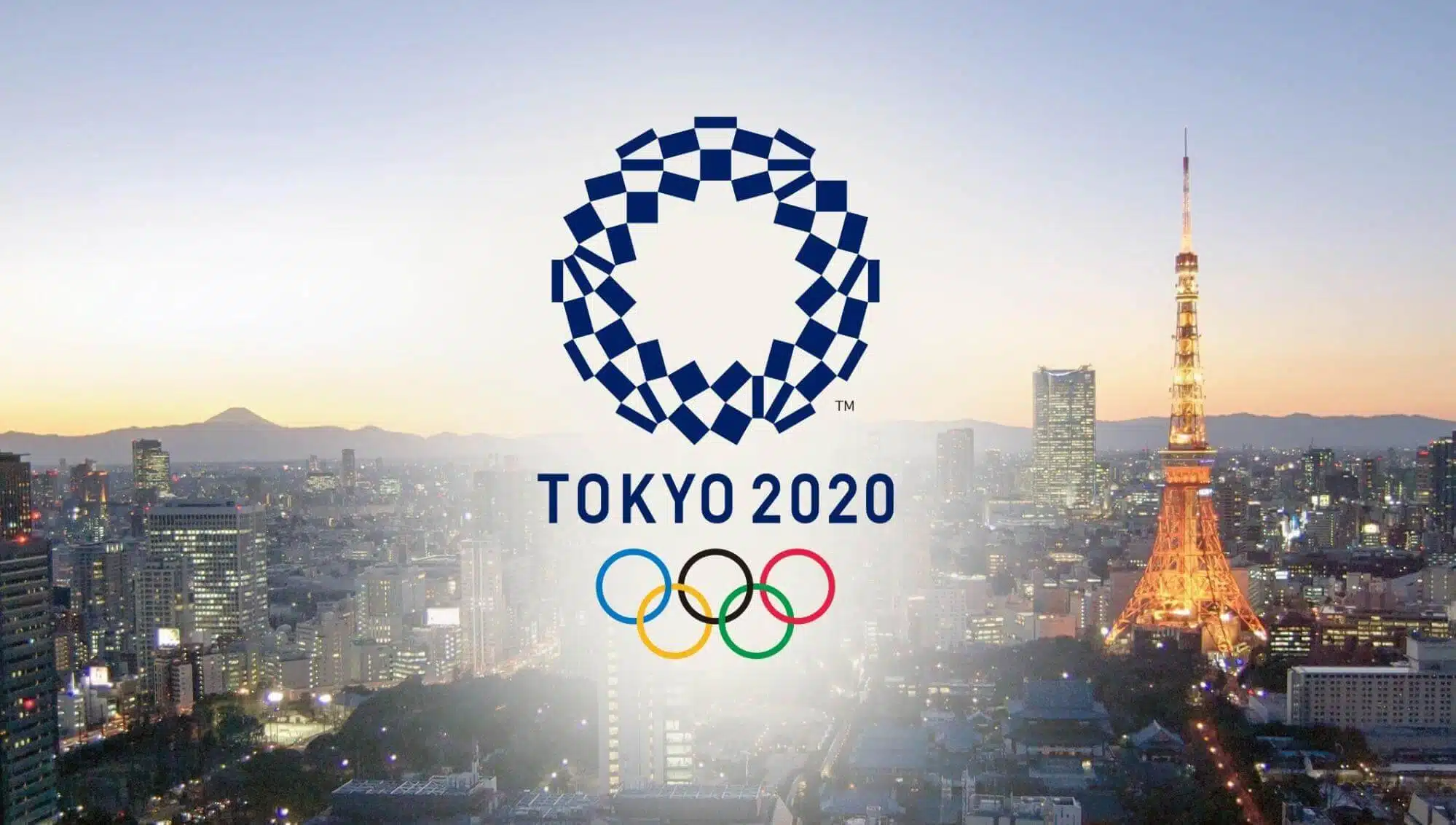
Whilst the contest between the two great economic superpowers, USA and China, captures the world’s attention, the diplomatic, trade and historical relationship between China and Japan is a lot more complex, with a lot more at stake. Asia’s two largest economies and most populous nations don’t have the luxury of trading insults from the safe distance that exists between Washington and Beijing – all they have is the small slither of the East China Sea which is the subject of numerous territorial disputes and a history of disagreement, conflict and even full blown war. Being two of the three largest economies in the world, China and Japan know the high stakes involved in ensuring peace, harmony and prosperity in the Asia Pacific region, a challenge which will involve a ‘masterclass’ in diplomacy.
We all got our first taste of East-West trade, investment and cross-cultural differences in the 1980s when, after a period of rapid industrialisation during the postwar period and an export boom in the 1970s (when new consumer brands like Sony, Toyota, Nissan and Honda burst onto the scene in the west) Japan emerged as a new economic superpower fuelled by manufacturing excellence, domestic consumption and outbound investment (sounds familiar?). Suddenly, Wall Street bankers were studying Japanese language, business etiquette and reading best selling books on Japanese management techniques, and everyone scrambled to invest in Japanese companies with global ambitions, deep pockets and a rising share price on the Nikkei. The rapid acceleration of asset prices and overheated economic activity, as well as an uncontrolled money supply and credit expansion, brought Japan’s economy to its knees in early 1992 when the asset price bubble burst and Japan retreated into a long period of stagnation. Many of the hard economic lessons learnt from this period have prevented similar asset bubbles occurring in other parts of Asia, notably in China.
Japan’s close proximity to China and its long term ties to the west, particularly with America, presents awkward and unprecedented challenges for its new generation of political leaders following the recent retirement of PM, Abe Shinzo who, after a bad start, was able to manage a tentative warming in the relationship with Beijing during his 8 year term. Since then, Japan’s leaders have publicly criticised China for human rights abuses in Xinjiang and Hong Kong and thrown their weight behind ‘The Quad’ and the Japan-US Alliance to address “China’s unlawful maritime claims and activities in the South China Sea”, which has provoked typically strong words from China’s Foreign Ministry and a flurry of activity from diplomats on both sides.
Whether it goes ahead or not, as the host of the Olympics in Tokyo next month, Japan will find itself subject to inevitable comparisons with China who will pull out all the stops to host the ‘best ever’ Winter Olympics in 2022. As China seeks to project its power in the region and places more pressure on its neighbours to place economic growth and prosperity above historical ties with the West, Japan has a critical role to play in maintaining peace and holding up their side of the West-East bridge.
